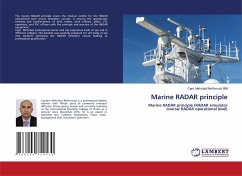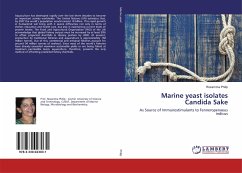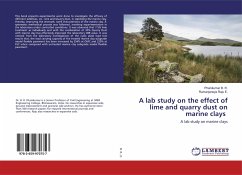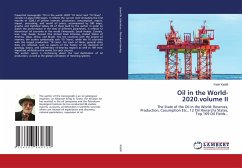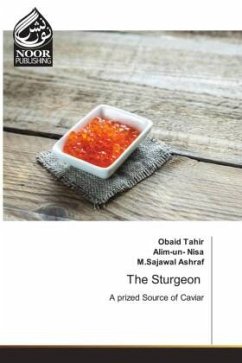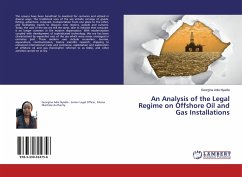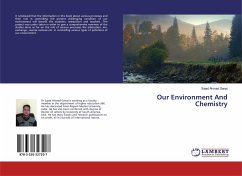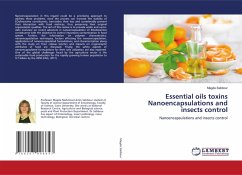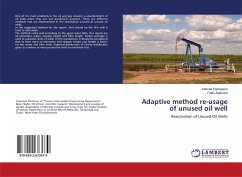
Effect of crude oil on marine clam, Volume II
Physiological and biochemical effects of petroleum hydrocarbon on marine clams
Versandkostenfrei!
Versandfertig in 6-10 Tagen
36,99 €
inkl. MwSt.

PAYBACK Punkte
18 °P sammeln!
Indian coasts have witnessed a number of tanker disasters in recent years and regular spillage near the refineries and Mahul creeks. Refinery effluents are the major the source of oil pollution. An increasing trend of petroleum hydrocarbon in various oceans and seas has attracted attention of researchers to extensively investigate the effects of crude oil and its constituents on marine organisms. The study deals with toxicological studies gauging short term and long term sub lethal chronic toxicity of dilutions of 10 percent Water soluble fractions (WSFs) stock of Persian Gulf and Bombay High ...
Indian coasts have witnessed a number of tanker disasters in recent years and regular spillage near the refineries and Mahul creeks. Refinery effluents are the major the source of oil pollution. An increasing trend of petroleum hydrocarbon in various oceans and seas has attracted attention of researchers to extensively investigate the effects of crude oil and its constituents on marine organisms. The study deals with toxicological studies gauging short term and long term sub lethal chronic toxicity of dilutions of 10 percent Water soluble fractions (WSFs) stock of Persian Gulf and Bombay High Crude oil on common marine clams of Mumbai coast such as Gafrarium divaricatum and Dosinia fibula. The study describes the physiological responses of clams burrowing activity during long term exposure to Wsf enriched sediment and changing profile of biochemical parameters. Further investigation is to assess how such exposure may affect the energetic or growth i.e. scope for growth (SFG) as well as the utilization of body reserves (i.e. Oxygen to Nitrogen rate O:N ratio) in these species.



